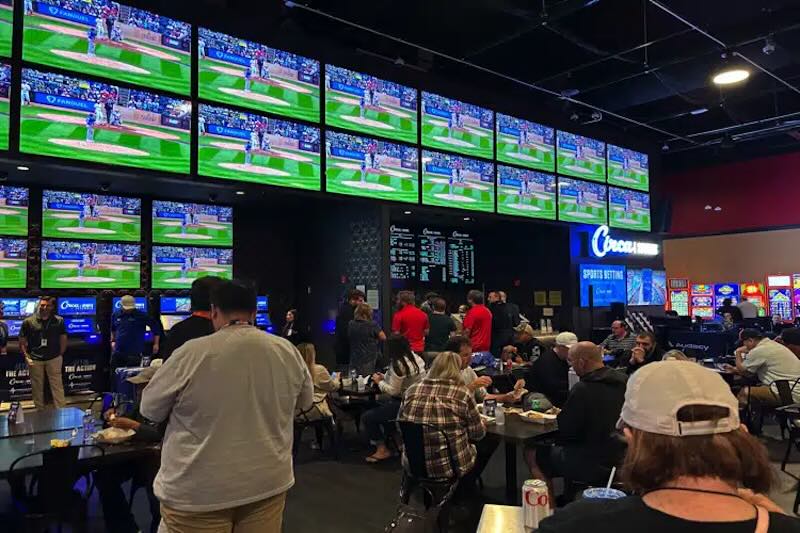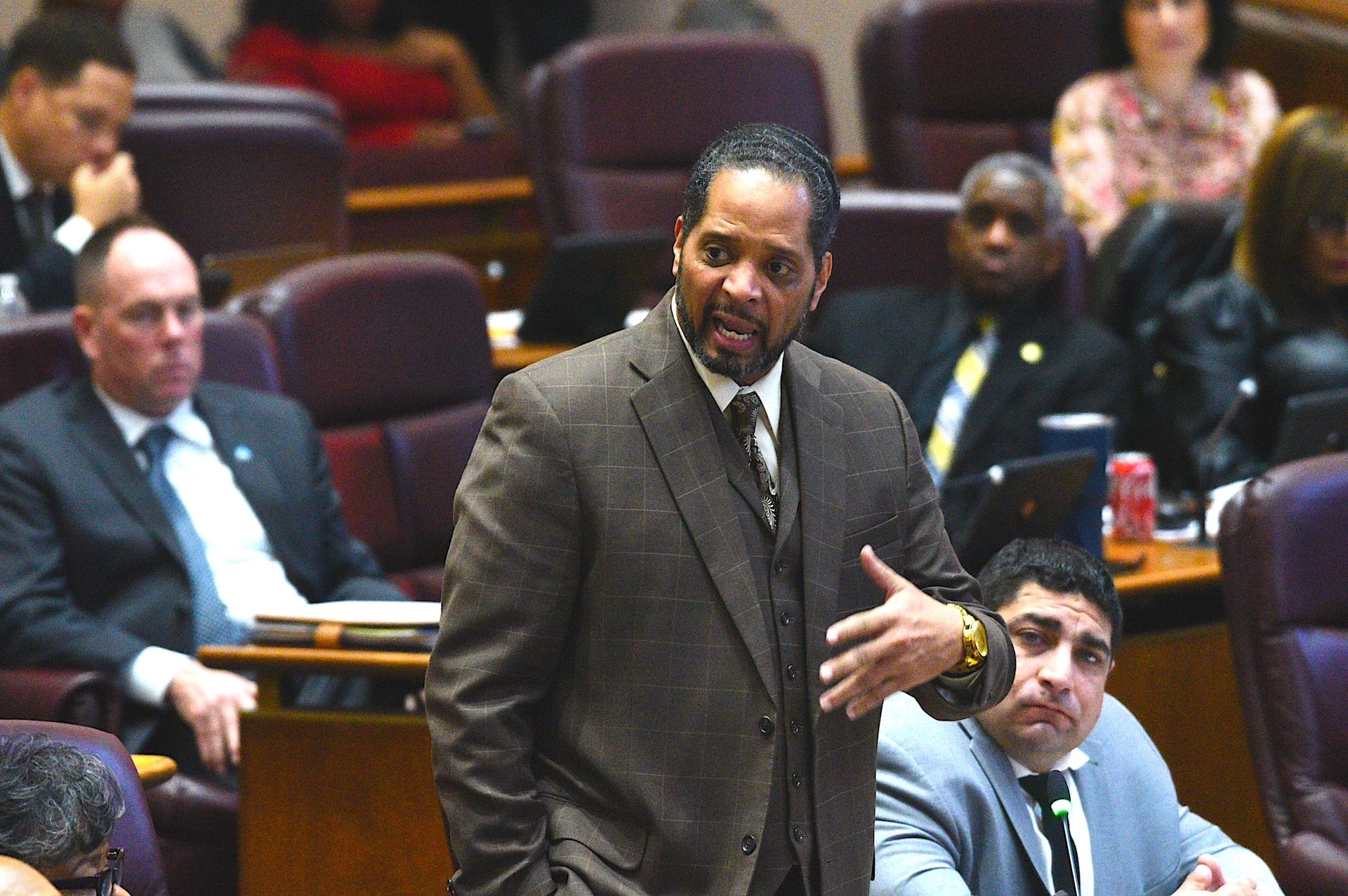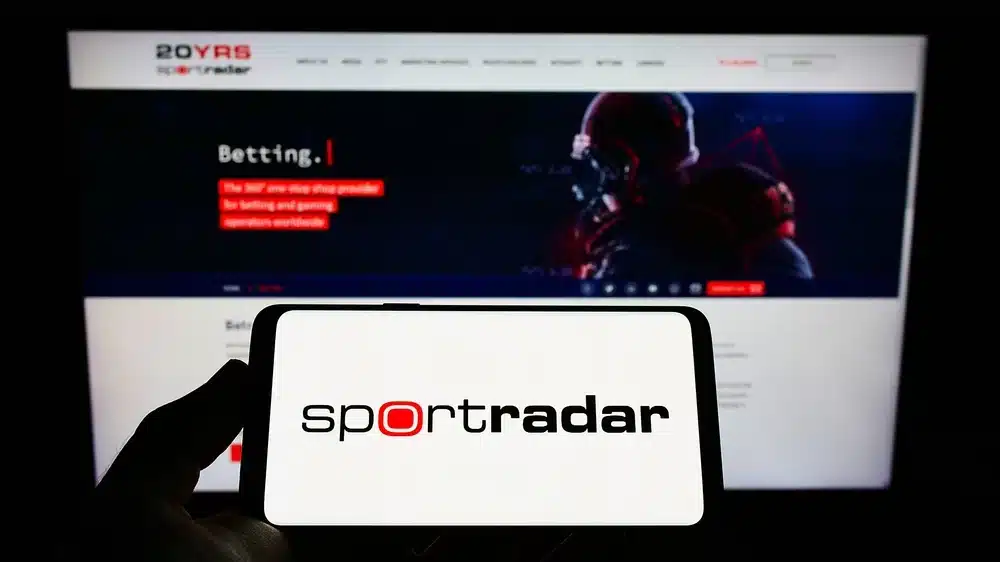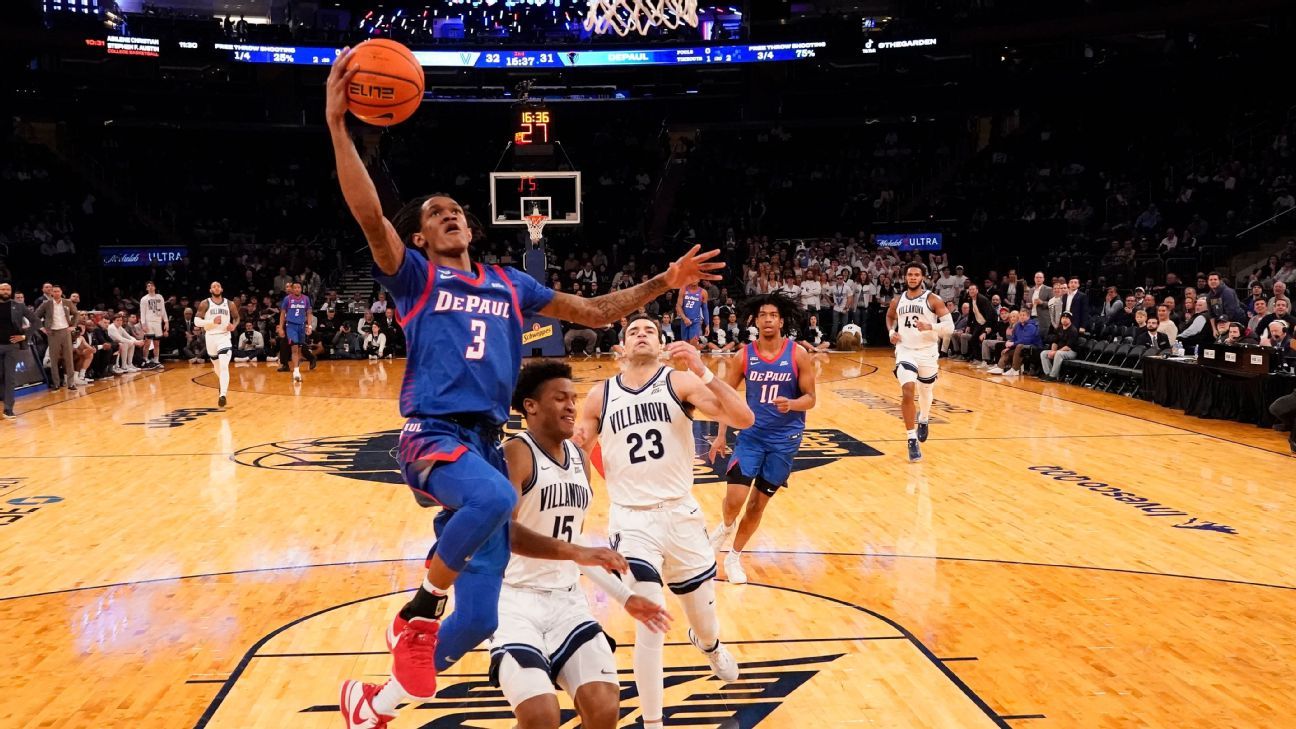
Arizona tribes oppose sports betting law amendment
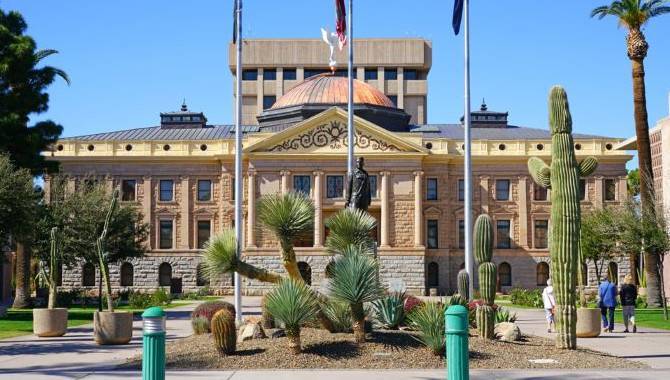
The tribes claim the last-minute change allowing the Arizona Coyotes to continue its operations at ASU violates the tribal compact.
The Arizona Coyotes have asked that new state law legalizing sports betting be amended. The team is relocating from Glendale to the Arizona State University (ASU) hockey arena next season, and it wanted a law that will allow the team to continue its mobile sports betting operation once it moves.
The Arizona Indian Gaming Association and multiple Native American tribes have opposed the last-minute change that was approved last week by the Arizona Senate’s appropriations committee. They contend the current law was part of a complex deal with Governor Doug Ducey that updated the tribal gaming compact.
The Coyotes claim the change is necessary because the team will occupy a smaller venue. ASU’s arena seats 5,000 people, which is half of the current state requirement for a professional sports team to run retail sports books and mobile gambling operations.
State law requires facilities to seat at least 10,000 people.
Representative Leo Biasiucci sponsored the amendment. He said the Coyotes plan to spend $40m updating ASU’s new multipurpose arena.
The Coyotes also plan to develop a new $1.7bn project that includes restaurants, shops, apartments and a new hockey arena located on a 40-acre site in Tempe. The team will use ASU’s arena during the next three years until the project is completed.
According to the Coyotes’ Andrew Diss, the team doesn’t plan on opening a retail operation while using the ASU facility but only wants to keep its mobile gaming operations going.
Diss testified for the proposal and said the team received contradicting answers to the questions of whether the law needed to be changed.
“When you ask ten different attorneys the same question, you get ten different answers,” Diss said. “That does not give us a sense of comfort that we’re going to be able to maintain our online gaming license if we move to a facility with less than 10,000 people. That is what this comes down to.”
An attorney representing the Arizona Indian Gaming Association said a law this new should not be changed because the Coyotes discovered it needed a different arena. He also said the deal updating compact to waive the tribes’ statewide exclusive gambling operating rights depended upon limiting where sports teams could run their operations.
“That was a compromise by the tribes and as well as the professional leagues and teams, and to go back and change that understanding, especially less than a year later, for something that is really self-created … shouldn’t land at this body to address,” said Bradley Bledsoe Downes.
Senator Sonny Borrelli of Lake Havasu City said the tribes’ pushback was nothing more than an unnecessary turf war, calling it “ridiculous.”
“To see this, this opposition from the tribe, is really upsetting because this does not negatively affect the tribes one iota. None, zero,” Borrelli said. “It’s moving from one location to the other, and it’s temporary.”
Tags/Keywords
Players trust our reporting due to our commitment to unbiased and professional evaluations of the iGaming sector. We track hundreds of platforms and industry updates daily to ensure our news feed and leaderboards reflect the most recent market shifts. With nearly two decades of experience within iGaming, our team provides a wealth of expert knowledge. This long-standing expertise enables us to deliver thorough, reliable news and guidance to our readers.
